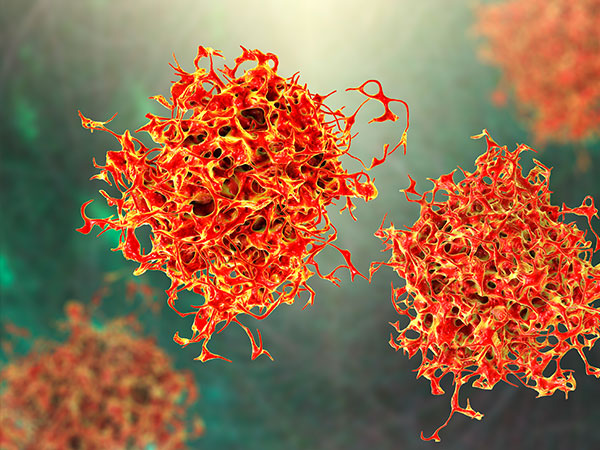Cancer Screenings: Understanding the Pros and Cons

Cancer screenings can be powerful tools that can help find the disease at an early stage, when it may be easier to treat. Most of the time screenings do not diagnose cancer. Instead, they help your healthcare provider see if you need more tests. For example, a mammogram may find a breast lump, but a lump doesn’t always mean you have breast cancer. You would need a biopsy or another diagnostic test to find out if the lump is cancerous.
What kinds of cancer screenings are available?
When it comes to screening tests, there are many different kinds available. Cancer screening tests can include:
- Physical exams that check for signs of disease, like lumps or anything out of the ordinary.
- Lab tests, such as tissue, urine, and blood samples, or genetic tests that look for changes in your genes that are linked to certain types of cancer.
- Imaging procedures, such as mammograms, which take pictures of the inside of your body.
Some common screenings include mammograms for breast cancer, Pap smears for cervical cancer, and colonoscopies for colorectal cancer. Your healthcare provider may suggest other screenings for lung, ovarian, prostate, and skin cancer. These tests may be beneficial, especially for people who have an increased risk for that specific cancer type. However, this is not a complete list of all available screenings. It is important to talk with your healthcare provider to decide which ones are recommended for you. Although some tests have not shown to reduce the risk of death from cancer, they may still be able to detect cancer early on.
What are the risks of cancer screenings?
Although cancer screenings have many benefits, you should also be aware of their potential risks:
- Some screenings may cause potential problems. Screenings for colon cancer, for example, can cause tears in the lining of the colon.
- False-positive test results are possible. Test results can sometimes indicate that something’s wrong, even if your body is cancer-free. A false positive can lead to more tests—with more potential risks—as well as needless anxiety.
- False-negative test results can happen. Test results may be normal even though you have cancer. False-negative results could keep you from talking with your healthcare provider because you think everything is OK.
Understanding the potential risks of any screening test that you’re considering is important. Ask your healthcare provider to help you weigh those risks against the benefits.
Which cancer screenings do I need?
Which screenings should you consider? That depends on several factors, such as your age, gender, and risk factors for certain cancers. To learn which screenings may be best for you, visit the American Cancer Society and speak with your healthcare provider.
References:
1. National Institutes of Health. National Cancer Institute. Cancer Screening Overview (PDQ®)–Patient Version.
2. National Institutes of Health. National Cancer Institute. Screening Tests.


